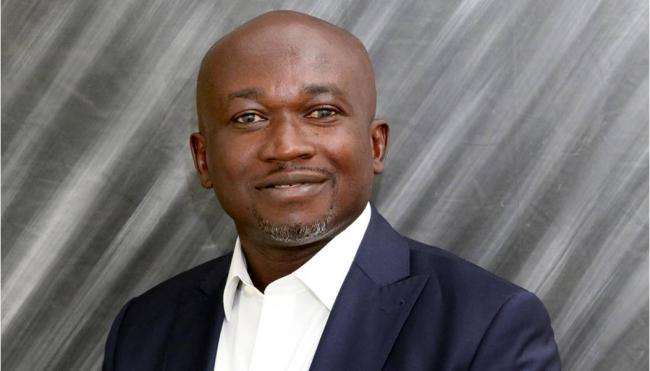A Ghanaian Professor, Yaw Afrane of the Department of Medical Microbiology at the University of Ghana Medical School, has been awarded a US$3 million grant by the Bill and Melinda Gates Foundation to undertake a project which will strengthen scientific capacity in malaria endemic regions in West Africa.
The grant will fund a project titled “Malaria Modeling Field-Strengthening: West Africa Mathematical Modeling Capacity Development (WAMCAD)”, to be carried out over three years across five West African countries i.e Ghana, Senegal, Guinea, Nigeria and Guinea-Bissau.
The project is an Anglophone-francophone-lusophone partnership with the collaboration of Northwestern University, Swiss TPH, PATH, and Oxford University providing training support.
The World Health Organization (WHO), Malaria Consortium and the Roll Back Malaria (RBM) will support the project by bridging modelling with National Malaria Control Programmes (NMCPs) and Neglected Tropical Diseases (NTD) program requirements through High Burden to High Impact (HBHI) activities.
Having identified a skills dearth in modeling capacity in West African countries, the consortium contend that mathematical modeling has not been routinely integrated into malaria and NTD research or training in participating countries. Hence the WAMCAD project seeks to address this gap.
The project’s long-term goal is to train a critical mass of modeling scientists who are retained within the West Africa region, and will constitute the next generation of modelers, working closely with local NMCPs and NTD programs to provide operational support. Trainees under the project will be trained to secure grants from international funding agencies and closely network with their counterparts across West Africa and with international partners.
Primary areas of the project
One of the primary objectives of WAMCAD is to increase the number of PhD trained mathematical modelers with malaria and/or NTD expertise (20 PhD students, 10 postdoctoral fellows, and 10 junior faculty/scientists) based at West African institutions which have the technical skills and infrastructure needed to support NMCPs.
The project also aims to develop modeling relationships between local modelers, WHO, NMCPs/NTD programs, and Malaria Consortium to improve modelers’ access to timely and high-quality data and improve and increase programs’ understanding of and engagement with modeling to support their work.
Building a West African network of modelers, epidemiologists, parasitologists, and NMCPs to share expertise across the anglophone-francophone divide, and promote interaction with other relevant malaria platforms (e.g. WHO, RBM SMERG) to disseminate findings and tailor approaches to NMCP priorities is also another main objective of the project.
The project outcomes are expected to be sustained through continuous teaching, supervision of doctoral candidates and upgrading of curriculum developed by the project.
The WAMCAD project will be a significant milestone in empowering scholars who possess local knowledge and expertise to develop frameworks and analyze country specific data, to boost NMCPs and NTD programs.
In a statement, the management of the University of Ghana congratulated Professor Yaw Afrane and the consortium for the “exemplary award”.
In 2020, there were an estimated 241 million cases of malaria worldwide. The estimated number of malaria deaths stood at 627 000 in 2020. The WHO African Region carried a disproportionately high share of the global malaria burden. In 2020, the region was home to 95% of malaria cases and 96% of malaria deaths.
READ ALSO: Fund-Supported Program Hinges On 7 Pillars – Ken Ofori-Atta





















